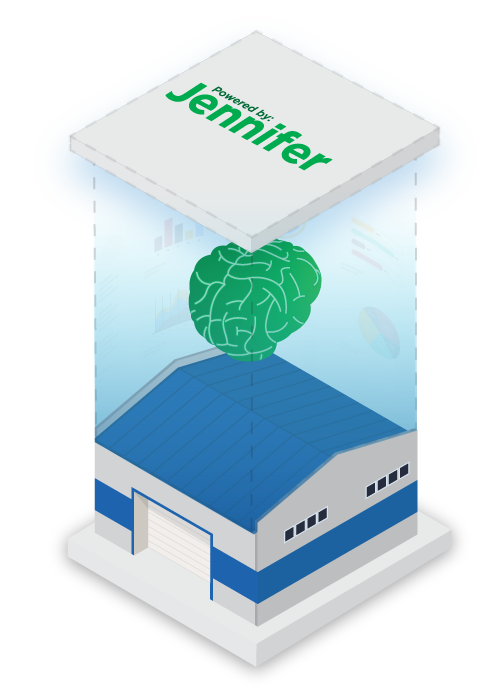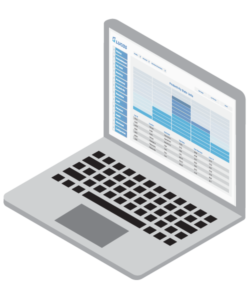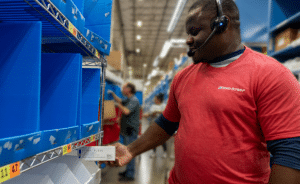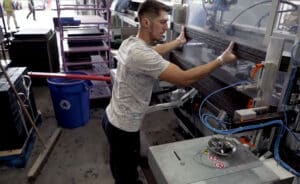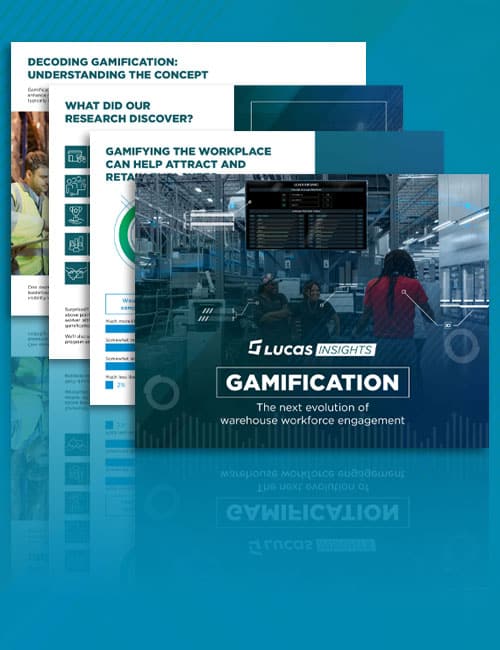Eby Brown Maximizes Productivity and Accuracy with Lucas
Eby Brown’s pickers were selecting orders that were written on paper pick tickets. Not only is paper picking inherently a slow, labor-intensive process, but it is also a relatively inflexible solution that is not easily scaled or adapted. Eby Brown was searching for a solution that would streamline their manual processes. Secondly, the Eby team decided to make a move from a legacy WMS to an SAP ERP.

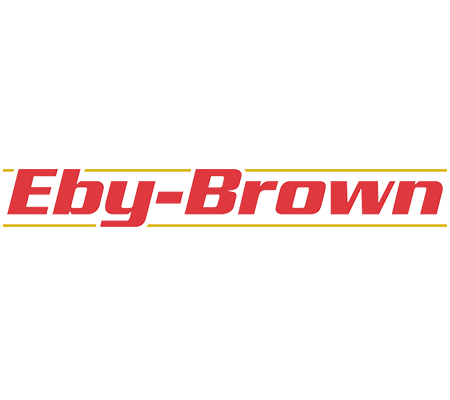
About Eby Brown
“Far and away, it’s the best decision I ever made and the best product I ever brought in. This thing paid for itself in less than a year.”
The Lucas Solution
